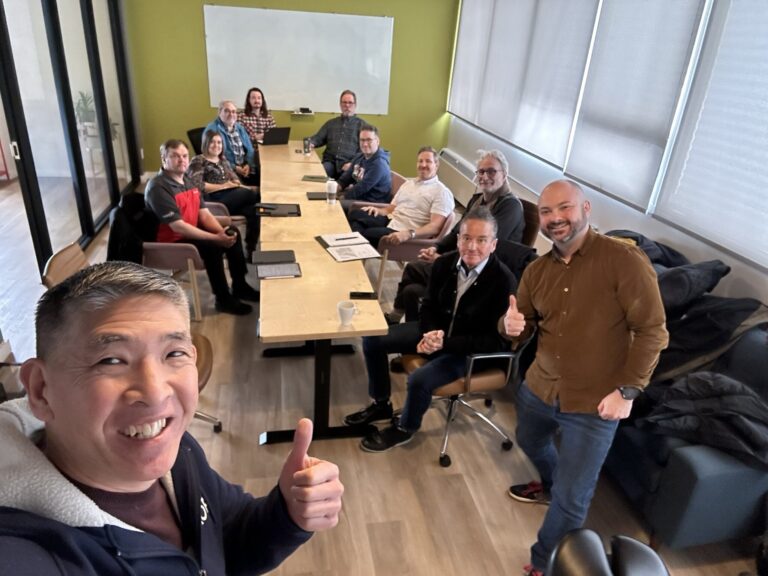31 October 2017
Enhancing Homeless Counts: New Strategies for the 2017 Homeless Count in Metro Vancouver – Housing Central Conference 2017
The Housing Central Conference is western Canada’s largest affordable housing gathering. This year the event is being held in Richmond, BC from November 19th to November 21st at the Sheraton Vancouver Airport Hotel. BC Non-Profit Housing Association (BCNPHA) celebrates its 25th anniversary of delivering world-class education. BCNPHA is the provincial umbrella organization for the non-profit housing sector comprised of nearly 600 members, including non-profit housing societies, businesses, individuals, partners and stakeholders.
Our own Matt Thomson will be sharing his experience working on the 2017 homeless count in Metro Vancouver.
Enhancing Homeless Counts: New Strategies for the 2017 Homeless Count in Metro Vancouver
When: Sunday, November 19, 2:00 PM – 3:15 PM
Where: Sheraton Vancouver Airport Hotel, Richmond BC
Presenters: Matt Thomson, Community Housing Lead, Urban Matters CCC
Erika Sagert, Policy Analyst, BC Non-Profit Housing Association
Nathan Lauster, Associate Professor, Sociology, UBC
Jens von Bergmann, Ph.D, MountainMath Software and Analytics
In March 2017, the BC Non-Profit Housing Association and M. Thomson Consulting partnered to implement the triennial Homeless Count in Metro Vancouver. Four new approaches to surveying the regional homeless population were identified by the community prior to the count, and were integrated into the existing methodology. These new approaches were intended to (a) provide better coverage in hard to reach areas of Metro Vancouver, (b) determine the extent of undercounting on count day in a select geography through an extended enumeration process, and (c) identify more detailed survey data from individuals with no fixed address in four of the region’s busiest hospitals.
Two of the pilot approaches were designed to improve coverage across the region. Firstly, the Rural Strategy consisted of adding resources to the mapping approach conducted by Area Coordinators (ACs) and stakeholders in rural areas. Secondly, the Waterways Strategy targeted live-aboards by deploying boats with crews of volunteers on waterways across the region, with a particular emphasis in certain areas that live-aboard boaters are known to frequent.
The third pilot strategy was the result of stakeholder concerns raised in Surrey over the extent of the undercount in that municipality. The Surrey Extended Urban Strategy (SEUS) was designed to extend the length of the count by two days in a limited geography to determine how many individuals experiencing homelessness were not surveyed on count day.
Finally, in partnership with Vancouver Coastal Health and Fraser Health, surveys were administered in hospitals for the first time in the history of the Homeless Count in Metro Vancouver. Typically data provided by health authorities only provides the number of individuals with no fixed address (NFA), their age and gender. In 2017, the survey was administered in four hospitals across the region: St. Paul’s Hospital, Vancouver General Hospital, Ridge Meadows Hospital and Surrey Memorial Hospital.
Watch the conference promo video




